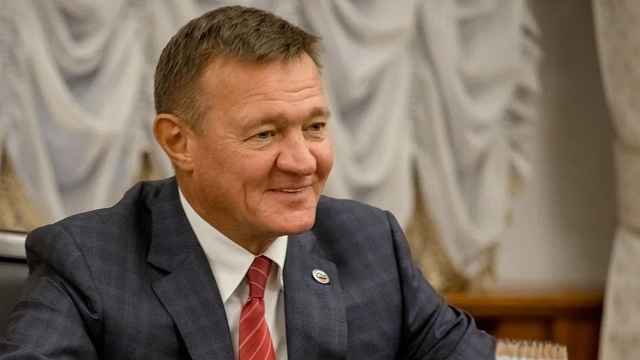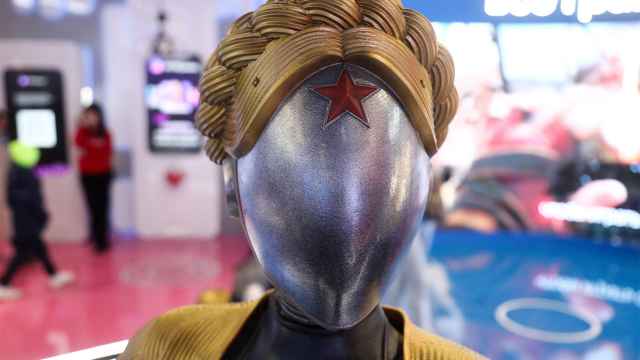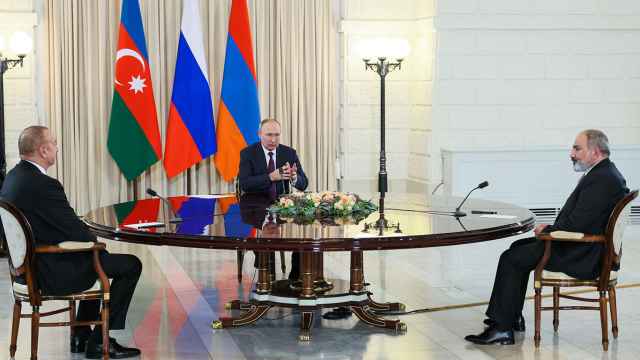The laws recently signed by President Vladimir Putin, most notably the ones on "foreign agents," defamation and the Internet, seem to be aimed at overprotecting Russians. These laws assume that Russians can't possibly deal with the issues of abundant information on their own – and thus need a caring mentor to guide them through the dangers of life.
The Kremlin views Russians like kindergartners and are truly worried that the threats of Western influence, uncontrolled flow of information on the Internet are seriously damaging the innocent souls of most Russians.
This "kindergarten approach" directly contradicts the frequent declarations by Russian officials about the need to support civil society and encourage innovation, modernization and entrepreneurship.
Entrepreneurs, scientists and innovators do exist in Russia, but their numbers are automatically limited by the limitations the government places on them.
There are many more Russians who excel outside of Russia — in the world's leading universities, think tanks, international companies and organizations. Obviously, this talented diaspora of talent does not contribute to Russia's development.
Why is any criticism of the current political course perceived as undermining the foundations of the state? Why are public interests being exchanged for the interests of a particular ruling elite?
It is true that these problems are not unique to Russia, but it would make far more sense to strive toward a better solution than crawling back into the mythical stability of the late Soviet system.
All over the world, a growing dissatisfaction with government is leading people onto the streets. We are seeing the growing power of local communities and an increase in discussions on strengthening democracy, sustainable growth and entrepreneurship.
With its immense richness in natural and human capital, Russia should be doing far better. Any forward-looking government should be concerned with developing a strategy for bottom-up initiatives rather than prohibiting them.
Instead, in the Kremlin's campaign to suppress individual initiative, it throws out the innovative baby with the bath water. When there is no demand for talented and innovative Russians in their own country, it is inevitable that they will seek better and more productive lives in other countries. As a result, Russia is turning into a blank space on the world map.
Angelina Davydova is an independent journalist in .
A Message from The Moscow Times:
Dear readers,
We are facing unprecedented challenges. Russia's Prosecutor General's Office has designated The Moscow Times as an "undesirable" organization, criminalizing our work and putting our staff at risk of prosecution. This follows our earlier unjust labeling as a "foreign agent."
These actions are direct attempts to silence independent journalism in Russia. The authorities claim our work "discredits the decisions of the Russian leadership." We see things differently: we strive to provide accurate, unbiased reporting on Russia.
We, the journalists of The Moscow Times, refuse to be silenced. But to continue our work, we need your help.
Your support, no matter how small, makes a world of difference. If you can, please support us monthly starting from just $2. It's quick to set up, and every contribution makes a significant impact.
By supporting The Moscow Times, you're defending open, independent journalism in the face of repression. Thank you for standing with us.
Remind me later.






